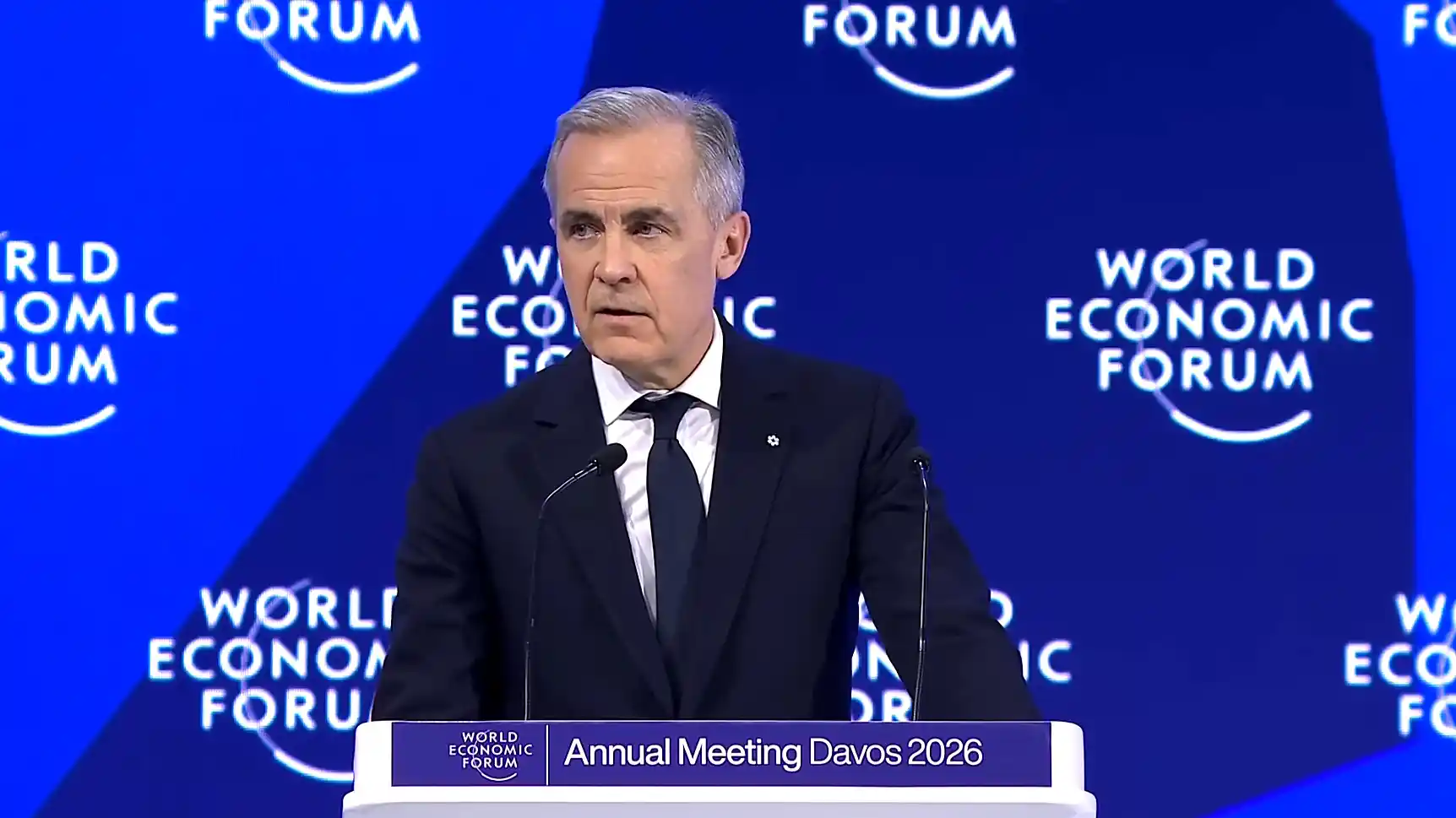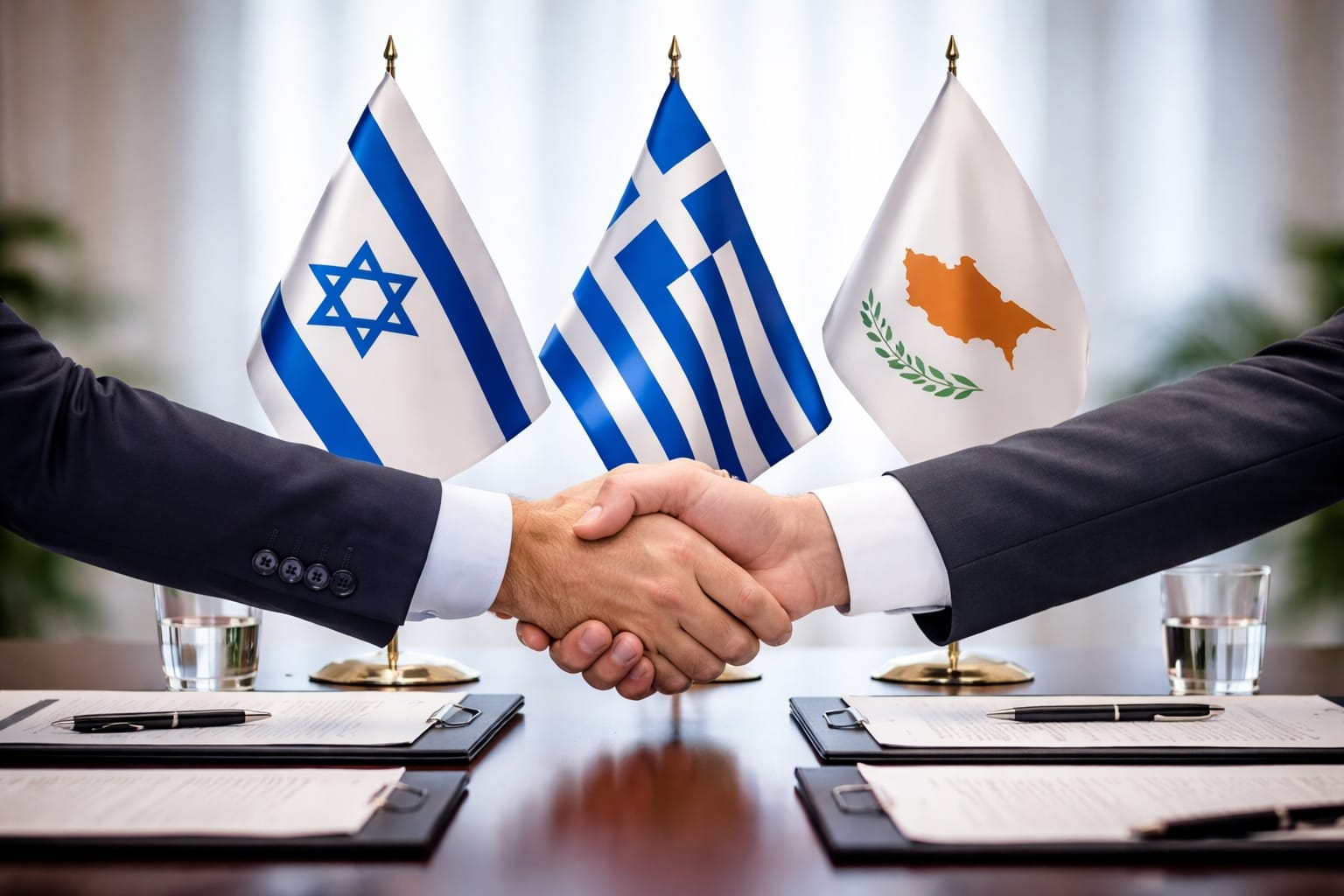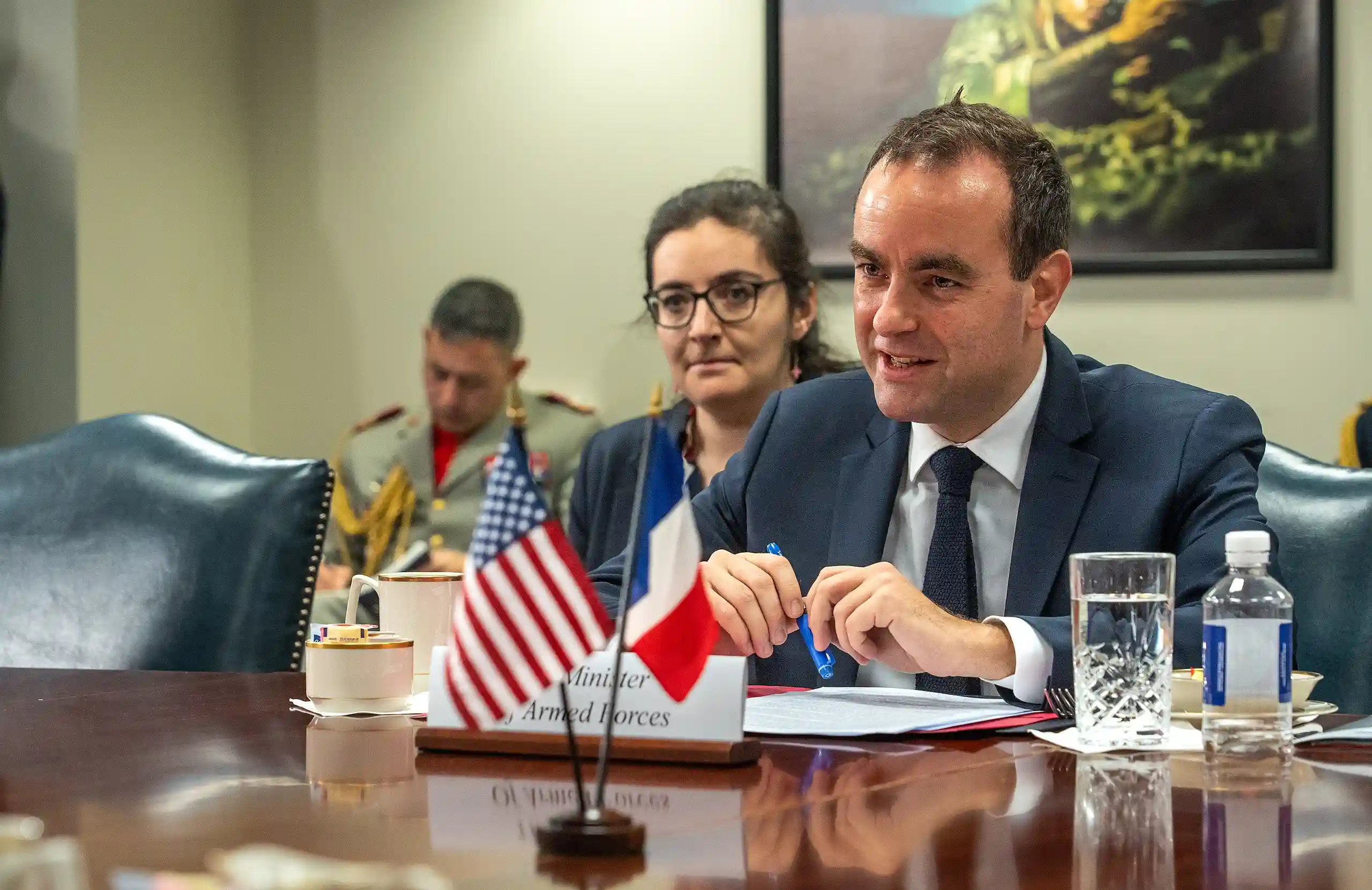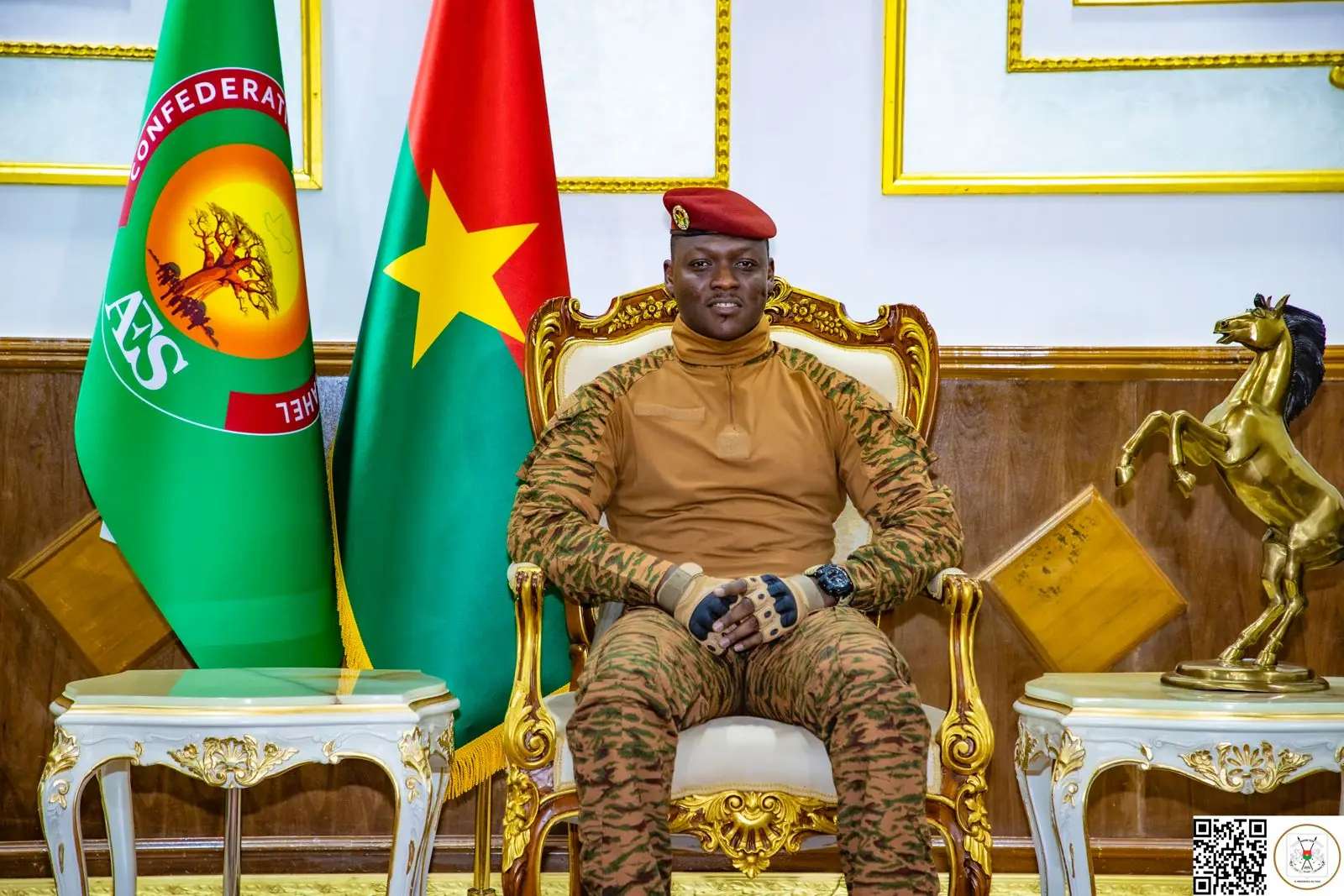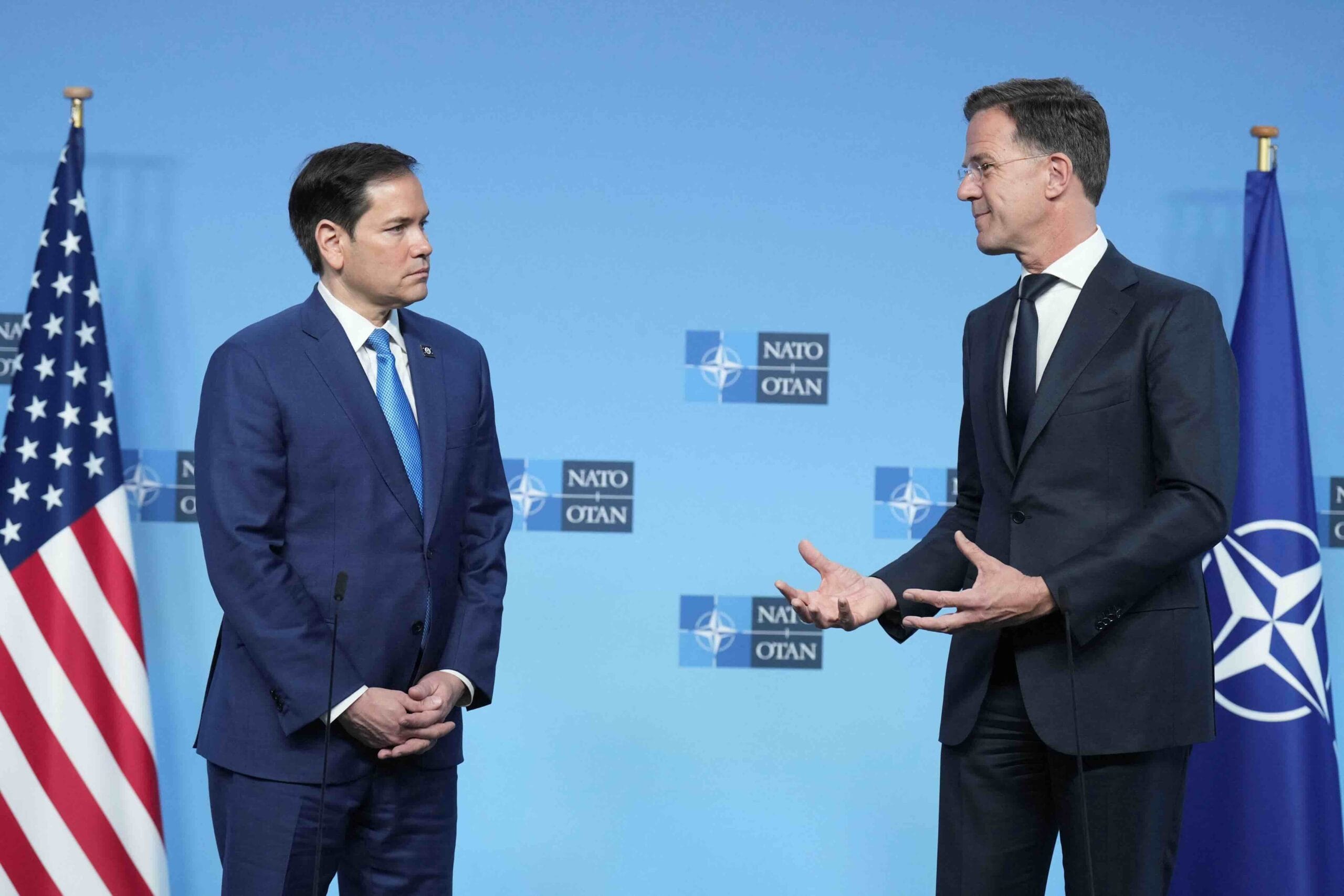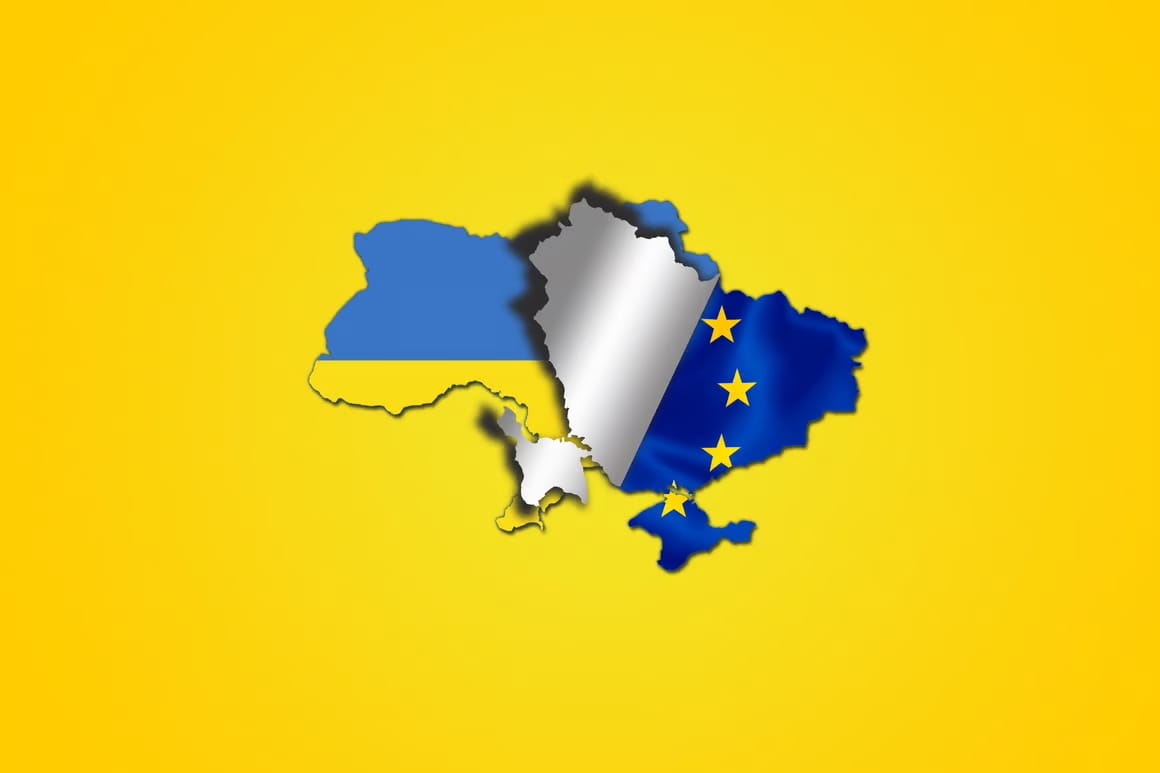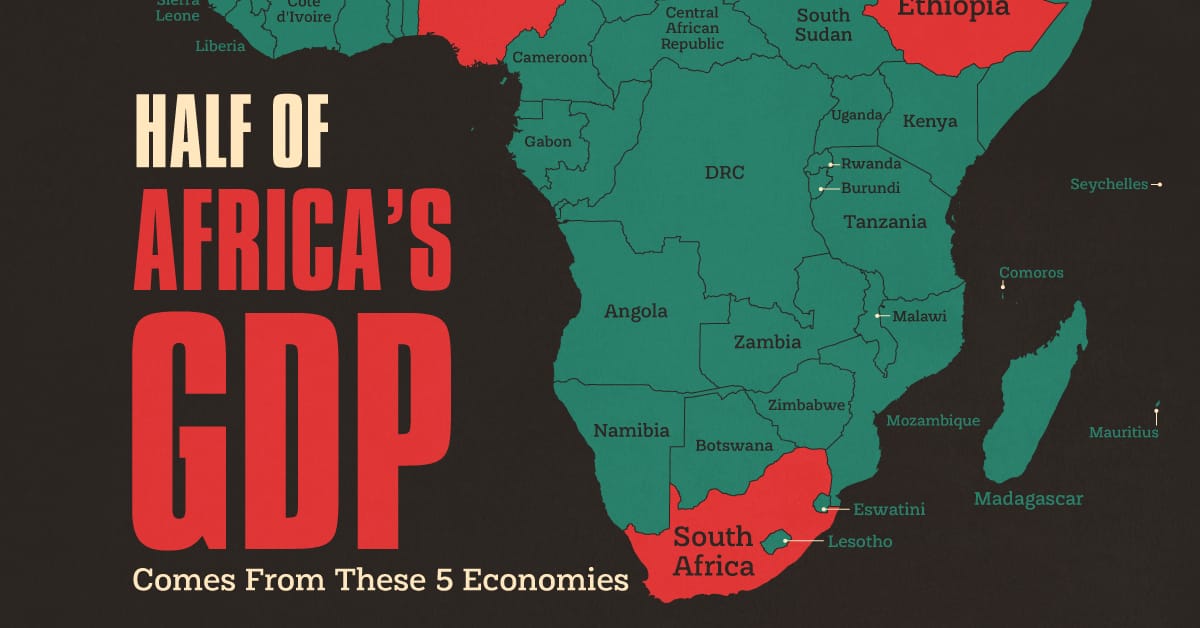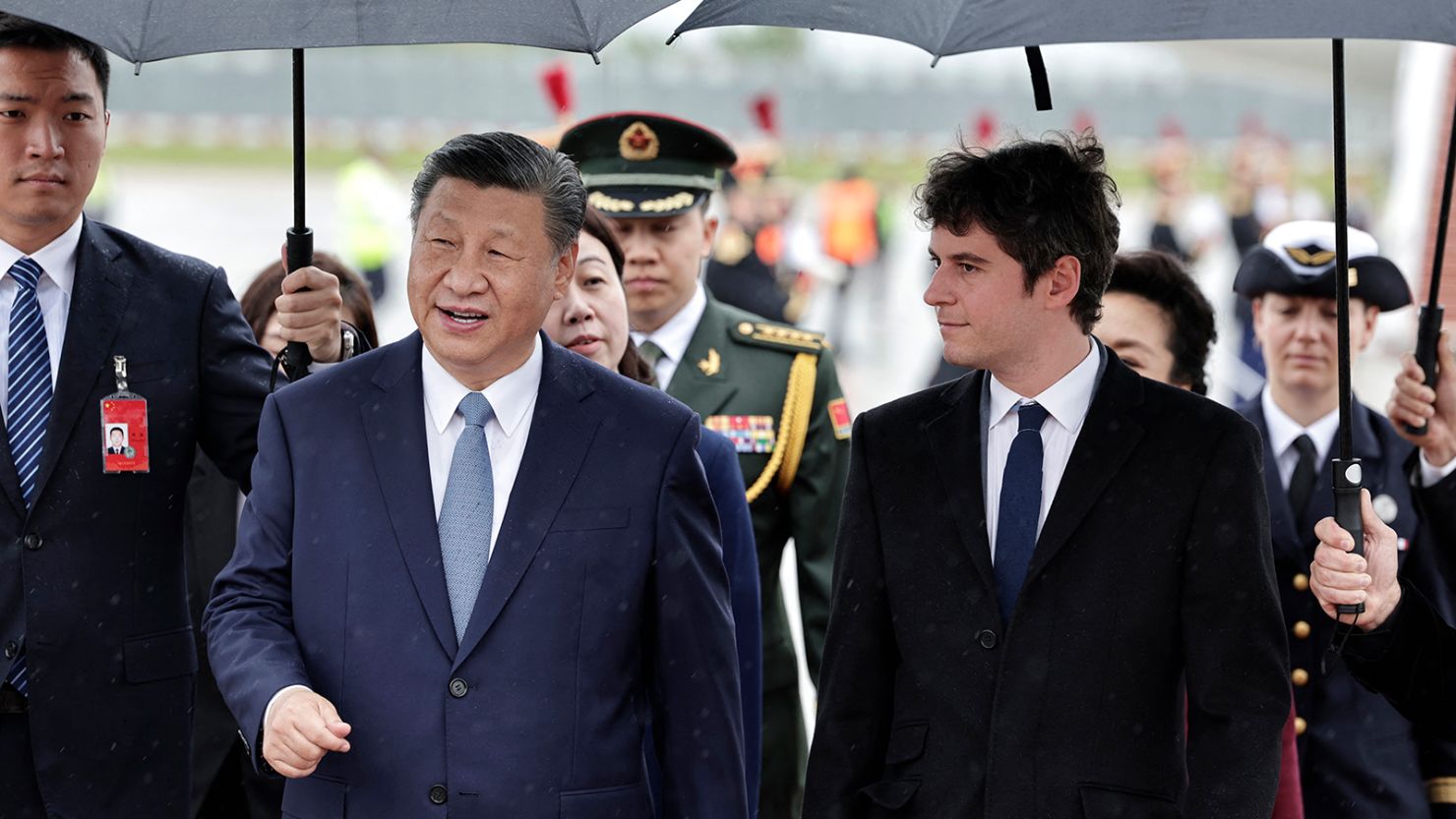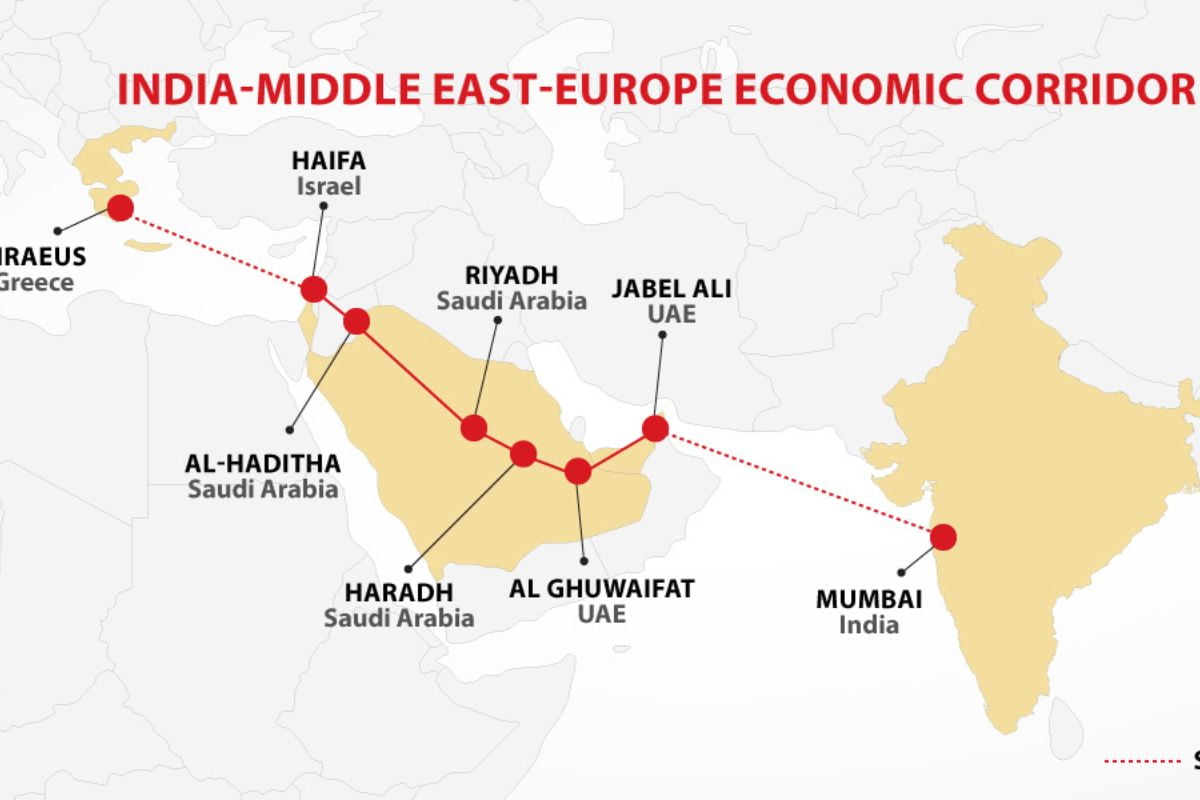The World Economic Forum held its 2026 Annual Meeting with the theme “A Spirit of Dialogue,” once again transforming the alpine silence of Davos into motorcades, guarded passageways, and rushed diplomacy. This year, however, the atmosphere was everything from formal. Davos 2026 took place in a world that is becoming more and more defined by technological advancements, geopolitical division, and concerns about climate change.
Tag: Europe
Strategic Arctic Competition: When National Security Trumps Sovereignty
On Wednesday, January 14, 2026, high-level talks between the Trump administration and Danish-Greenlandic officials ended precisely where they began: in deadlock. Following a White House meeting with Vice President JD Vance and Secretary of State Marco Rubio, Danish Foreign Minister Lars Lokke Rasmussen emerged to confirm a “fundamental disagreement” remained over Greenland, despite establishing a working group to explore compromise. Hours earlier, President Trump had doubled down from the Oval Office, declaring “we need Greenland for national security” while questioning whether “Denmark can do about it if Russia or China wants to occupy Greenland.”
The Israel-Greece-Cyprus Military Pact and Regional Power Shifts
The Eastern Mediterranean has become the centre of a significant geopolitical shift. This change is marked by the recent formalisation of a military cooperation plan between Israel, Greece, and Cyprus. Signed on December 28, 2025, this agreement for 2026 establishes a framework for joint exercises, training, strategic discussions, and crisis response among the three countries, which share strategic interests and regional goals. This pact comes amid ongoing conflict in Gaza and rising tensions with Iran. It signals a clear effort to strengthen a strategic partnership that could affect security and energy dynamics in a volatile region.
France’s Leadership Crisis: What Comes Next?
France’s political elite were shaken this week when Prime Minister François Bayrou was removed after losing a no-confidence motion in the National Assembly. The failure comes in a series of government collapses during the Macron era, reinforcing how precarious executive power has become in a parliament divided along ideological fault lines. Acting quickly, President Emmanuel Macron appointed Defense Minister Sébastien Lecornu as the new prime minister today — a gesture aimed at conveying competence and continuity at a time when the presidency is in danger of looking stuck.
The New Face of Africa’s Decolonisation
Empires don’t abdicate softly. Armies withdraw, banners come down, but lips remain. For more than a half-century since formal independence, Burkina Faso—as was a large swath of francophone Africa—maintained French as an official language. It was the language of court, school and the state. Now, with President Ibrahim Traoré (the second youngest head of state in the world), this colonial baggage has been intentionally scrubbed off. French has been reduced to a “working language” while Mooré, Dioula, Fulfulde, Bissa and other native languages achieve official status.
The Hinge in American Transatlantic Defence
Over the past three years, the transatlantic alliance has demonstrated considerable cohesion in evolving geopolitical dynamics and shifting domestic priorities. The alliance has demonstrated considerable cohesion by delivering substantial military aid, enforcing strict economic sanctions, and contributing over €185 billion in support of Ukraine. Yet, as Russian aggression persists and public support in parts of Europe diminishes, the strategic landscape has changed with a potential return of a Trump. Under this emerging paradigm, the U.S. strategy has anticipated a pivot away from military engagement and extensive financial assistance to Ukraine and press European partners to assume a larger share of the defence burden.
The Price of Europe’s Support for Ukraine
The war’s origins trace back to 2014 when Russia annexed Crimea following pro-EU protests in Kyiv, which led to conflict between Russian-backed separatists and Ukrainian forces in Donetsk and Luhansk. Tensions escalated in late 2021 as Russia massed troops near Ukraine’s borders, demanding security guarantees from NATO. When diplomatic efforts failed, Russia launched a full-scale invasion on February 24, 2022, citing security concerns and alleged persecution of Russian speakers. Initial assaults targeted Kyiv, but after failing to seize the capital, Russian forces withdrew in April, refocusing their offensive on eastern and southern Ukraine, where as of 2024, they occupy around 20% of Ukraine, having gained over 4,000 square kilometres.
African Economies will Flourish in 2025
In October the IMF described a “two-track growth pattern” in sub-Saharan Africa. On one track are most of the 23 countries with sizeable exports of non-renewable commodities such as oil, gold or diamonds. These include Angola, Nigeria and South Africa. As prices for their exports sagged, their GDPs per person have dropped in the past decade. Most resource-rich countries have also been focused more on dividing the spoils of the boom years than on using the proceeds to build resilient economies.
Xi’s European Tour: Global Power Shifts and India’s Challenge
In these changing times, where every nation is trying to recalibrate its position according to its interests and the shifting power balances President Xi Jinping’s visit to France, Hungary, and Serbia has garnered observers of international politics their inquisitive seats of analysis. This comes when multiple conflictual clashes are building around the globe. The more than two-year war in Ukraine, the result of which seems to be elusive to the site, the Israeli siege of Gaza and its spillover effects in the region and the covert build-up of tensions between Israel and Iran distorting the current power status quo.
Integrating Oman and Egypt into the India-Middle East-Europe Economic Corridor
As the Israel-Palestine conflict persists, the India-Middle East-Europe Economic Corridor (IMEC), announced in the backdrop of the G20 summit held in Delhi in September, 2023, remains a non-starter. The resolution of the Israel-Palestine conflict is nowhere in sight. As opposed to delaying the implementation of IMEC until the crisis is resolved, the participating nations could look at additional routes that would connect India to Europe bypassing Israel. One such route can connect India to Europe via Oman, Saudi Arabia and Egypt, while the rest of the Gulf Cooperation Council countries can be connected to the corridor via branch routes.
